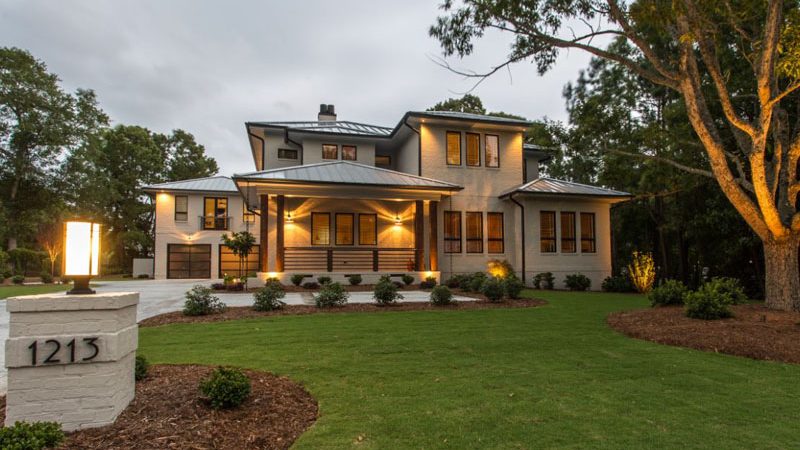 How to Find a Good Custom Home Builder
How to Find a Good Custom Home Builder
Finding a custom home builder can be as simple as asking around. If there are some good ones in your area, you will probably hear people talking about them. Otherwise, check the directory of the National Association of Home Builders (NAHB) or any other home builders’ association. Or do it the traditional way by looking up prospects in your yellow pages or asking your town office for referrals.
Narrowing Down Your List of Choices
It’s good to talk to a number of prospective home builders before making your final choice. There are three goals you want to happen during all this interviewing.
First of all, tell the builder what exact type of home you’d like him to make for you, and ask him how much experience he has with similar projects and in the area you want your home to be built.
Second, you’d like to know more about his general experience as a home builder. The NAHB says these are the most important things you’d like to know about your prospects:
> Permanent business address (this usually indicates stability)
> Reputation with local suppliers and banks
> Breadth and length of industry experience
The NAHB reports it takes 3-5 years for custom home builders to gain ground in the industry; thus, the longer their business experience, the more capable they are of financing a home construction and the more likely they will stay around after completing a project.
> Better Business Bureau record
> Level of workers compensation and general liability insurance (always ask for proof of insurance)
> Feedback of former clients (request for client references)
The third thing you should try to accomplish during the interviews is building rapport with your prospects. Obviously, this will be quite crucial. It can be excruciating to be forced to work with a builder you dislike.
Asking for Estimates
After getting all the above information, you can now trim down your list of prospects to two or three names. This is always better than just having one prospect so you can compare them and see who’s best. You can even be honest with them and tell them you’re comparing their quotes. They will compete for your business and you may end up with a cheaper quote for the same quality.
Collecting estimates though is something you really have to take your time with. You must be sure that your budget is just right for your needs – not too much that you’ll be spending unnecessarily, but not too small that quality will be compromised.
Of course, the builder of your choice should have all the important information they need to prepare an accurate estimate. Finally, you should also understand that regardless of the estimate you approve, you should expect at least a 10% overrun because of various incidentals, such as change orders, that may come up.
Study: My Understanding of Construction
5 Takeaways That I Learned About Homes